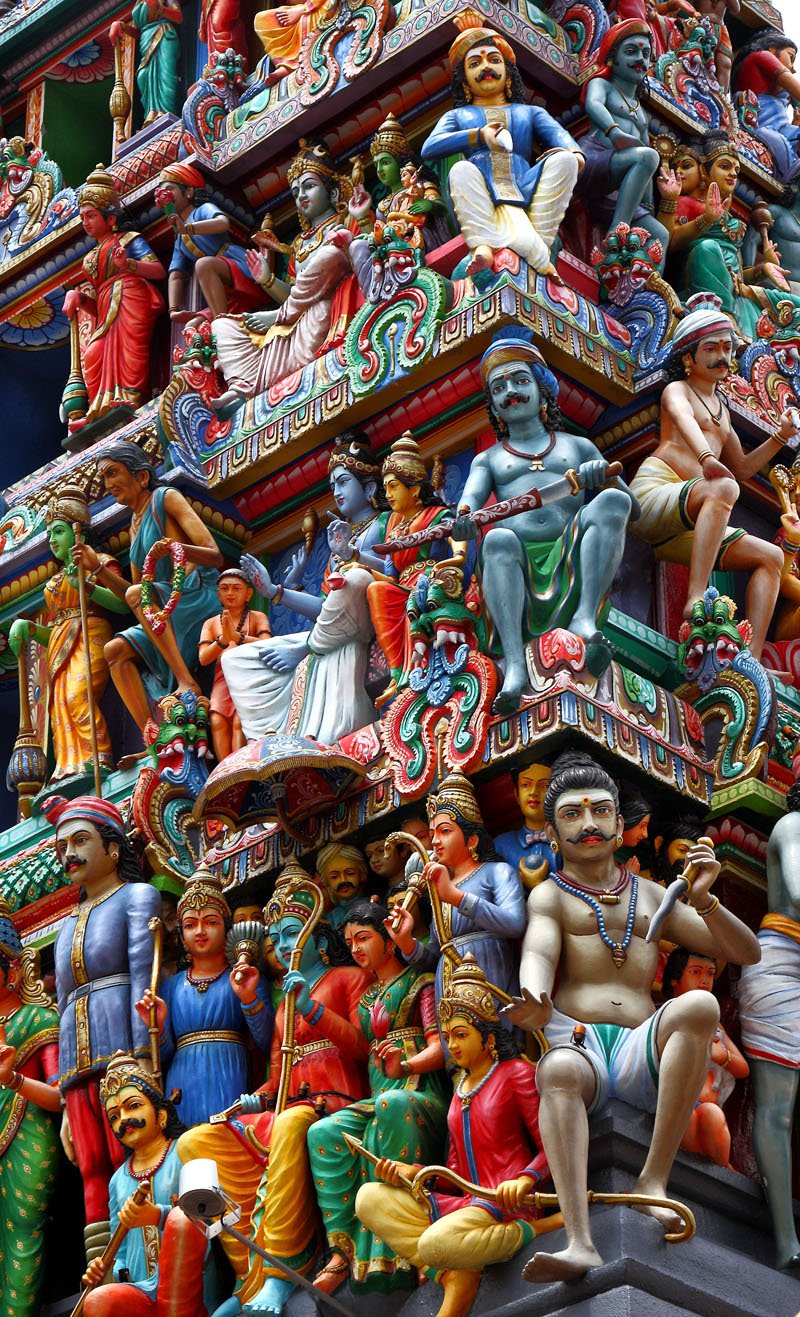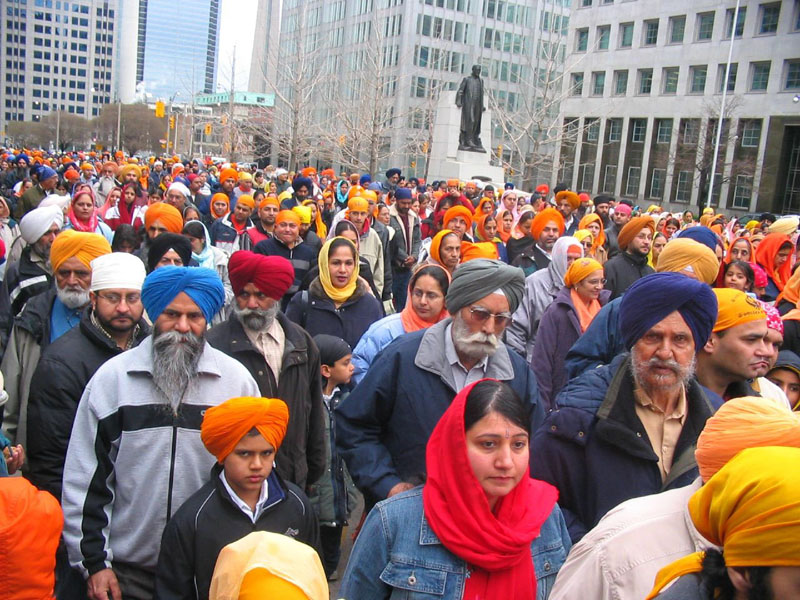Culture
- Culture is the way of life, especially the general customs and beliefs, of a particular group of people at a particular time.
- A cultural artifact is a term used in the social sciences, particularly anthropology, ethnology, and sociology for anything created by humans which gives information about the culture of its creator and users.
- Material culture is the physical evidence of a culture in the objects and architecture they make, or have made.
- Symbolic culture is the ability to learn and transmit behavioural traditions from one generation to the next by the invention of things that exist entirely in the symbolic realm.
- Culture shock is the personal disorientation a person may feel when experiencing an unfamiliar way of life due to immigration or a visit to a new country, a move between social environments, or simply travel to another type of life.
- A ritual is a sequence of activities involving gestures, words, and objects, performed according to set sequence, characterized by formalism, traditionalism, invariance, rule-governance, sacral symbolism, and performance.
- Assimilation is the process whereby a minority group gradually adapts to the customs and attitudes of the prevailing culture and customs
- An ethnic enclave is a geographic area with high ethnic concentration, characteristic cultural identity, and economic activity.
- Multiculturalism describes the existence, acceptance, or promotion of multiple cultural traditions within a single jurisdiction, usually considered in terms of the culture associated with an ethnic group.
- A subculture is a cultural group within a larger culture, often having beliefs or interests at variance with those of the larger culture.
- Cultural relativism is the principle that an individual human's beliefs and activities should be understood by others in terms of that individual's own culture.
- A culture-bound syndrome or folk illness is a combination of psychiatric and somatic symptoms that are considered to be a recognizable disease only within a specific society or culture.

A priest elevates the Host during a Catholic Mass, one of the most widely performed rituals in the world.

India Square in Jersey City, New Jersey, one of 24 Indian ethnic enclaves in the New York City Metropolitan Area.

